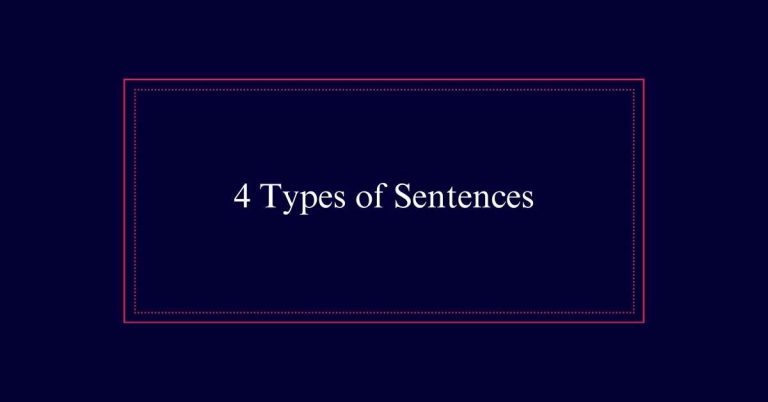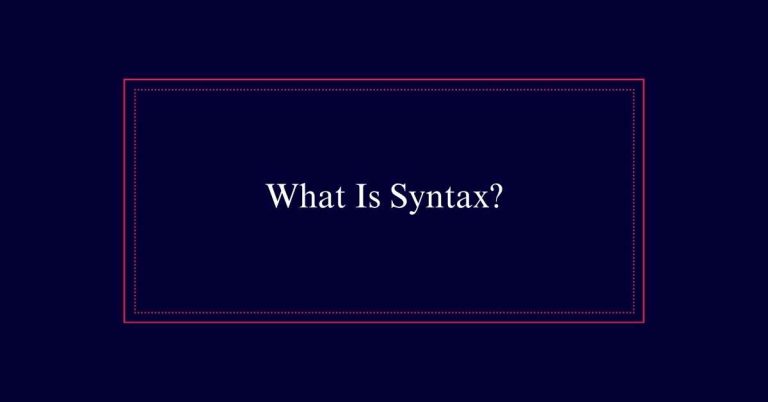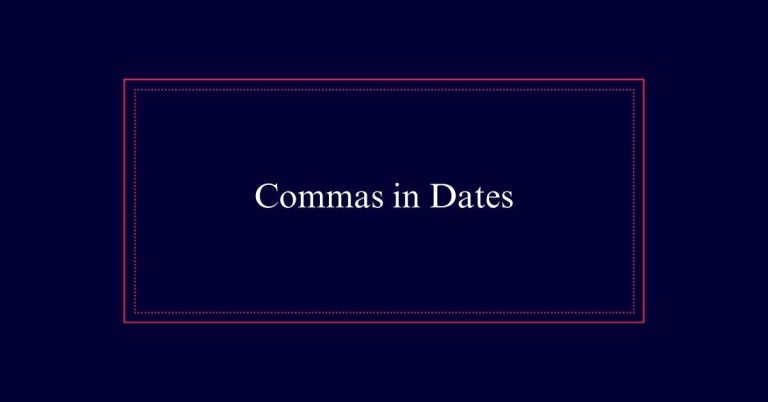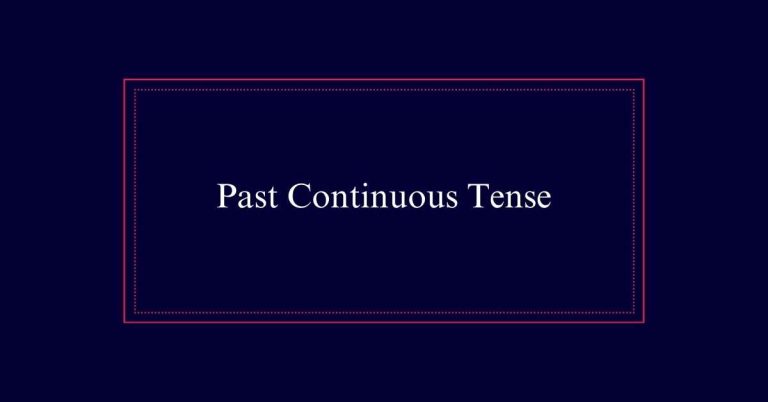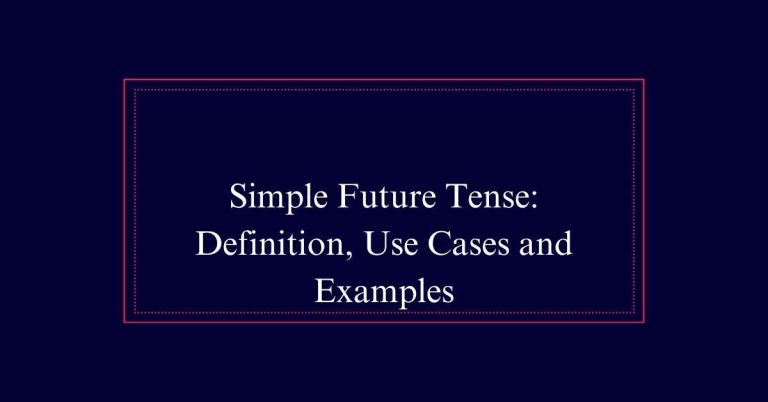Hyphen in Compound Numbers
In compound numbers from twenty-one to ninety-nine, hyphens should be used to guarantee clarity. For example, ‘twenty-five’ and ‘sixty-eight’ need hyphens. Round numbers like ‘one hundred’ do not require a hyphen. When compound numbers act as adjectives, hyphens are essential—for instance, ‘a twenty-five-year-old student.
Correct Hyphen Usage
Correct hyphen usage in compound numbers is essential for maintaining clarity in writing. When writing numbers from twenty-one to ninety-nine, a hyphen should be placed between each word. For example, ‘forty-four’ and ‘twenty-five’ are correctly hyphenated. This rule guarantees that the reader understands the number clearly.
For round numbers higher than ninety-nine, hyphens are not needed. For instance, ‘one hundred’ does not require a hyphen. When compound numbers are used as adjectives, hyphens are also necessary. For example, ‘a fifty-six-year-old man’ uses hyphens correctly.
Hyphens in Numbers 21-99
Why is it important to use hyphens correctly in numbers between twenty-one and ninety-nine? Proper hyphen usage in these numbers guarantees clarity and readability in writing. Without hyphens, readers may misinterpret the numbers, leading to confusion. For instance, ‘twenty five’ could be mistaken for two separate numbers.
Here is a simple guide to hyphen usage in numbers 21-99:
| Number | Correct Usage |
|---|---|
| 21 | Twenty-one |
| 44 | Forty-four |
| 67 | Sixty-seven |
| 99 | Ninety-nine |
Hyphens in Round Numbers
In round numbers higher than ninety-nine, hyphens are not necessary. This rule simplifies writing and promotes consistency.
For instance, you would write ‘one hundred’ without a hyphen. Similarly, ‘five thousand’ does not need a hyphen.
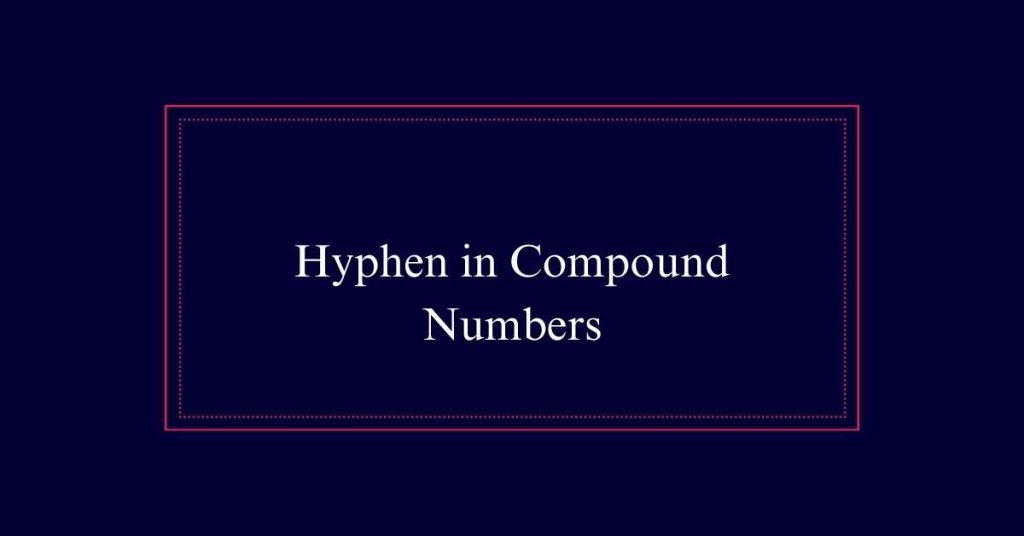
Key points to remember:
- Hyphens are used in compound numbers from twenty-one to ninety-nine.
- Round numbers like one hundred, one thousand, and one million do not require hyphens.
- Larger numbers combining round numbers and compound numbers follow the same rules.
Hyphens in Adjective Form
Using hyphens in compound numbers as adjectives is essential for maintaining clarity and precision in your writing. When compound numbers between twenty-one and ninety-nine serve as adjectives, they must be hyphenated. This practice guarantees that the reader understands the number as a single entity describing a noun.
For example, in the phrase ‘a twenty-five-year-old student,’ the hyphens clarify that ‘twenty-five’ modifies ‘year-old,’ forming a single adjective. Without hyphens, the sentence could be confusing or ambiguous.
Examples of Correct Usage
Here are several examples that illustrate the correct usage of hyphens in compound numbers. Using hyphens correctly guarantees clarity and readability in your writing.
Below are some specific instances where hyphens are required:
- Twenty-one: The number between twenty and twenty-two.
- Forty-four: The result of multiplying four by eleven.
- Sixty-seven: A number that is three less than seventy.
These examples demonstrate how hyphens are used in numbers from twenty-one to ninety-nine. Utilizing hyphens in compound numbers helps avoid confusion and maintains consistency in your writing.
Larger Numbers With Hyphens
When dealing with larger numbers, it is important to maintain the use of hyphens in compound numbers to guarantee clarity and consistency. Even when numbers exceed one hundred, the hyphenation rule remains crucial for clarity, particularly within complex figures. For instance, in the number one hundred and twenty-five, the compound part ‘twenty-five’ requires a hyphen.
| Number | Correct Form |
|---|---|
| 123 | One hundred and twenty-three |
| 256 | Two hundred and fifty-six |
| 1,034 | One thousand and thirty-four |
| 5,678 | Five thousand and six hundred seventy-eight |
| 12,345 | Twelve thousand three hundred and forty-five |
Consistency in Hyphenation
Maintaining consistency in hyphenation for compound numbers is vital for ensuring clarity and accuracy in writing. It helps readers understand the numbers without confusion.
For example, always use hyphens in compound numbers from twenty-one to ninety-nine, even when they are part of larger numbers. This rule applies regardless of the context, ensuring uniformity.
Consistency in hyphenation includes:
- Compound numbers as adjectives: Always hyphenate compound numbers when they describe a noun.
- Larger numbers: Use hyphens within compound numbers, even when embedded in larger figures.
- Formal writing: Adhering to hyphenation rules in formal documents, such as reports and articles, enhances readability.
Adjective Compound Numbers
Adjective compound numbers, such as thirty-two-year-old, require hyphens to guarantee clarity and proper understanding in sentences. This rule applies to compound numbers between twenty-one and ninety-nine when used as adjectives.
For example, consider the phrase ‘fifty-year-old man.’ The hyphens connect the words into a single descriptive unit, avoiding confusion. Without hyphens, the meaning can become unclear, as in ‘fifty year old man,’ which could be misread. Proper hyphenation ensures that the reader immediately understands the age being described.

